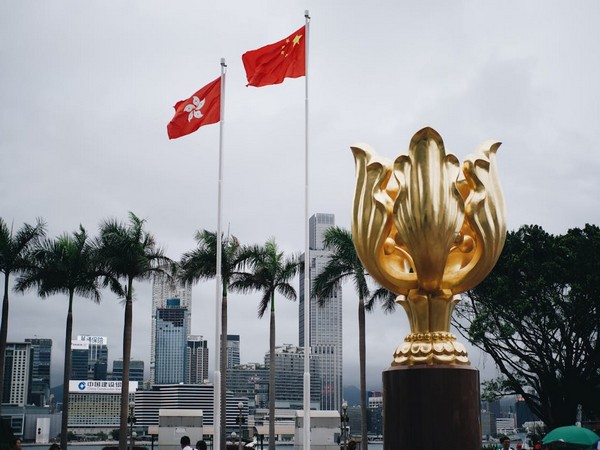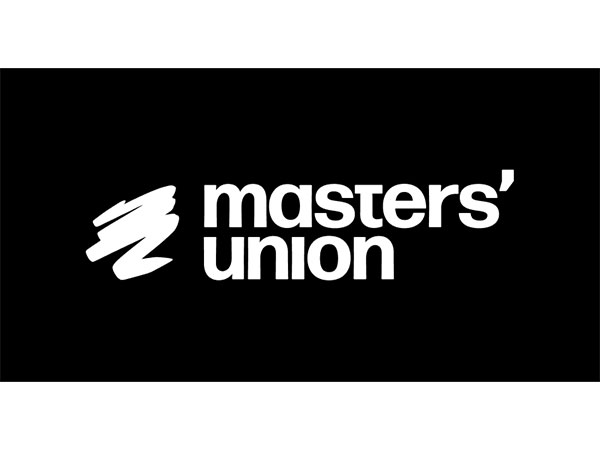Hong Kong to eliminate 'shoebox' flats
Oct 17, 2024
Hong Kong, October 17: Hong Kong leader John Lee rolled out plans on Wednesday to ban flats under eight square meters and cut import tax on spirits in a bid to ease a long-term housing crunch and boost the city's sluggish economy. Lee's administration has vowed to focus on livelihood issues and take the Chinese financial hub "from stability to prosperity" following a wide-ranging crackdown in the wake of pro-democracy protests in 2019.
Lee's speech was his third policy address since the former security chief was tapped by Beijing to be the city leader in 2022. Speaking at the semi-autonomous city's Legislative Council, he said flats smaller than eight square meters (86 square feet) - twice the size of a king-size bed - would be banned.
The government estimated about 30 percent of existing subdivided units could not meet the new standards, which would also require windows and independent toilets. Lee suggested that 12 to 18 months would be needed to legislate the requirements and allow registered landlords to make necessary changes. Chinese President Xi Jinping has ordered Hong Kong to resolve its longstanding housing woes. The city has some of the most expensive housing in the world and 110,000 households in a population of 7.5 million live in subdivided flats. A government study in 2021 found that 21 percent of households in subdivided units had a living space of below seven square meters (75 square feet) - smaller than a parking space.
A 77-year-old retiree surnamed Wong, who lives in a windowless space of around 50 square feet, said he worried the new standards would lead to rent hikes.
"Will the government first resettle us?... My landlord will not cut me any slack," said Wong, adding that his monthly rent was HK$3,000 ($387). The Society for Community Organization, an advocacy group, said it welcomed the policy but urged the government to make sure vulnerable residents were not displaced.
Lee in his policy address also vowed to "deepen our reforms and explore new growth areas" as the city's economy has yet to bounce back after the 2019 protests and the subsequent three years of self-imposed isolation due to pandemic curbs. Hong Kong officials are also eager to repair the city's international reputation, which took a hit after the implementation of two national security laws that critics say have curtailed rights. Shortly before Lee's address, five activists from the League of Social Democrats, the city's last remaining opposition party, staged a petition outside government headquarters closely watched by a dozen police officers.
The Hong Kong leader said the city must "remain confident in ourselves and uphold our morale, standing firm against any efforts to downplay our success story". Lee also on Wednesday slashed taxes on liquor with more than 30 percent alcohol content and an import price over HK$200 (US$25.75) -- a move affecting about 15 percent of the strong liquors the city imports in a bid to boost "high-end food and beverage consumption". Other policies to bolster the economy included expanding the investors immigration scheme to include luxurious residence buyers and setting up a HK$10 billion (US$1.29 billion) fund to invest in industries like artificial intelligence and semiconductors.
The government would also roll out steps to increase the intake of students and workers as part of a push to fix a labor shortage of 180,000 people over the next five years. - AFP
Source: Kuwait Times








